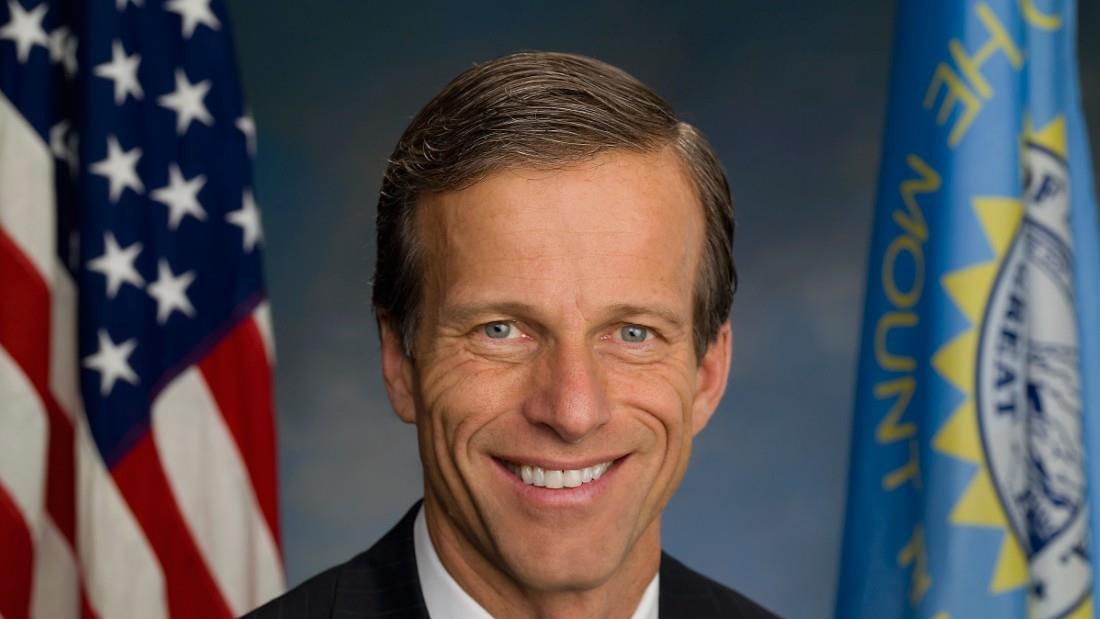
On October 1, 2024, France is set to witness a significant day of mobilization as various labor unions, led by the CGT (Confédération Générale du Travail), call for a grève générale (general strike) to address multiple socio-economic grievances. The strike, which involves several sectors including transport, education, and public services, is primarily aimed at protesting the ongoing pension reforms, low salaries, and broader public sector conditions. The protest follows several smaller mobilizations but marks an escalation in national dissatisfaction.
The Core Issues: Pension Reforms, Wages, and Public Services
The primary motivation behind this grève générale revolves around persistent dissatisfaction with the government’s recent pension reforms, which have been met with widespread criticism. Many workers, especially in public sectors, argue that the reforms threaten their financial security during retirement. Beyond pensions, other significant demands include wage increases, particularly in sectors where salaries have stagnated, and improved working conditions, especially for public service workers.
This strike also serves as a platform for calls to strengthen gender equality, as certain unions emphasize the need for better protection and wage parity between men and women. Education, healthcare, and transportation workers have been vocal in their criticisms of austerity measures that have, in their view, eroded the quality of public services(
Transport Disruptions: Rail and Public Transit Heavily Affected
The French transportation system is expected to face substantial disruptions. Unions representing rail workers, including the CGT Cheminots and SUD-Rail, have announced a strike starting from the evening of September 30 and continuing until October 2. While the SNCF (France’s national railway) has stated that major TGV routes will operate “normally,” services on regional lines (TER and Transilien) and some intercity routes will see significant reductions. Parisian public transit, especially the RATP (metro and bus services), is also expected to experience delays and interruptions(
Additionally, international travel could be impacted, as flights may be delayed or canceled due to strikes among air traffic controllers and airport staff. For those planning to travel within or through France, it’s essential to check the status of their transport options in advance.
Education Sector: High Participation Expected Among Teachers
Teachers across France are also set to join the strike in large numbers. This participation is fueled by ongoing frustrations over insufficient salaries, pension reforms, and a lack of resources for public schools. Many schools across the country, particularly in urban areas like Paris, are likely to close for the day or operate with significantly reduced staffing levels. Some teachers’ unions have highlighted the chronic understaffing of schools and the challenges posed by recent educational reforms, which they argue compromise the quality of education(
Parents are advised to prepare for potential closures or disruptions in their children’s education on this day, as both primary and secondary schools are expected to be heavily impacted by the strike.
Public Services and Health Sector: Limited Access to Essential Services
In addition to transport and education, public services, including healthcare and social services, are also expected to see walkouts. Many public sector employees, particularly those in local government and healthcare, are protesting over wages and working conditions. However, in sectors like healthcare, unions have emphasized that emergency services will remain operational, ensuring that critical care is not compromised during the strike(
The Manifestation in Paris: Routes and Key Gatherings
As the strike day unfolds, a major demonstration is planned in Paris. Starting at Place Denfert-Rochereau at 2 p.m., the protest march is expected to move through key areas of the city, eventually culminating in larger gatherings across the capital. Other French cities, including Lyon, Marseille, and Bordeaux, will also see major protests, with the CGT organizing nearly 200 separate rallies nationwide(
This day of action is supported by a wide coalition of unions, but it is notable that some of the more moderate unions, such as the CFDT (Confédération Française Démocratique du Travail), have chosen not to participate in this strike, signaling internal divisions within the labor movement regarding the timing and scope of the protests.
What to Expect: Economic Impact and Long-Term Implications
Strikes are a common part of French socio-political life, but this particular strike has the potential for significant economic disruptions, especially in the transportation sector. Businesses that rely on logistics and supply chain continuity may experience delays, particularly those dependent on rail transport. Retail and hospitality sectors in major cities may also feel the impact of reduced customer traffic due to public transportation outages and street protests.
In the longer term, the strike underscores the ongoing tensions between labor unions and the French government over critical economic issues like pensions and wages. These strikes are not likely to end with this single day of action, and analysts expect more large-scale mobilizations in the coming months if the government does not address the concerns of the unions(
How to Prepare for the October 1 Strike
For those in France on October 1, planning ahead is essential. Commuters and travelers should:
- Check Transport Updates: If traveling by train, bus, or plane, regularly check with service providers for updates on delays and cancellations. Consider alternative modes of transportation if possible.
- Plan for School Closures: Parents should verify whether their children’s schools will be closed and make necessary arrangements for childcare.
- Avoid Protest Areas: If possible, avoid central areas of Paris, especially during the planned march, to minimize disruption to your day.
- Support Resources: If you require public services such as healthcare, check with local providers in advance to see if they will be affected.
This grève générale is likely to generate widespread media coverage and could lead to further political debates in the days and weeks that follow.









Leave a Reply